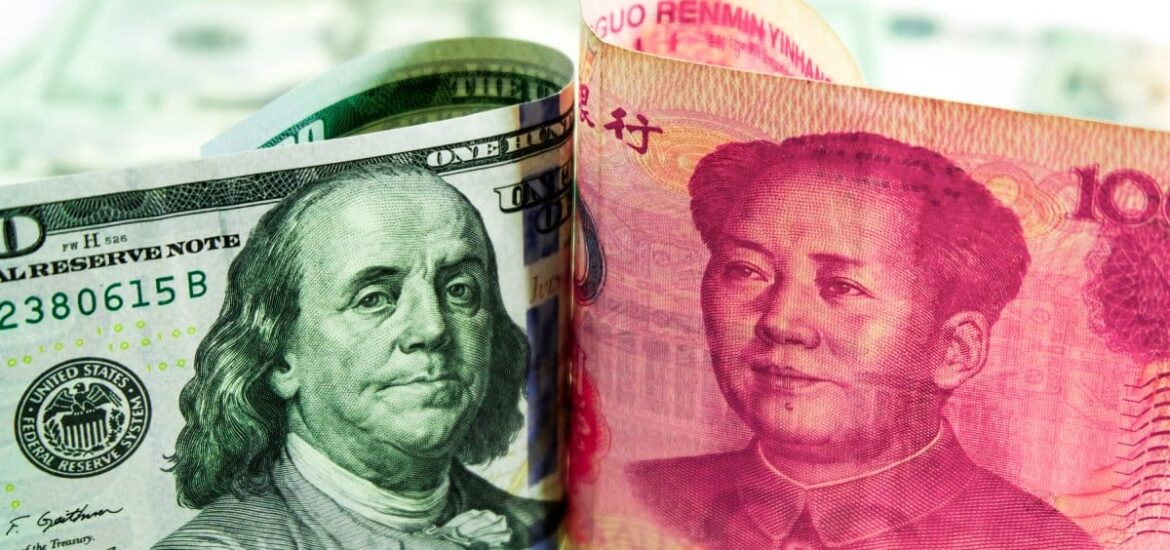Experts on finance and the economy have recently described China’s and the U.S.’s economies as “on steroids,” but for two very different reasons. Here’s the full story.
Chinese Real Estate Woes
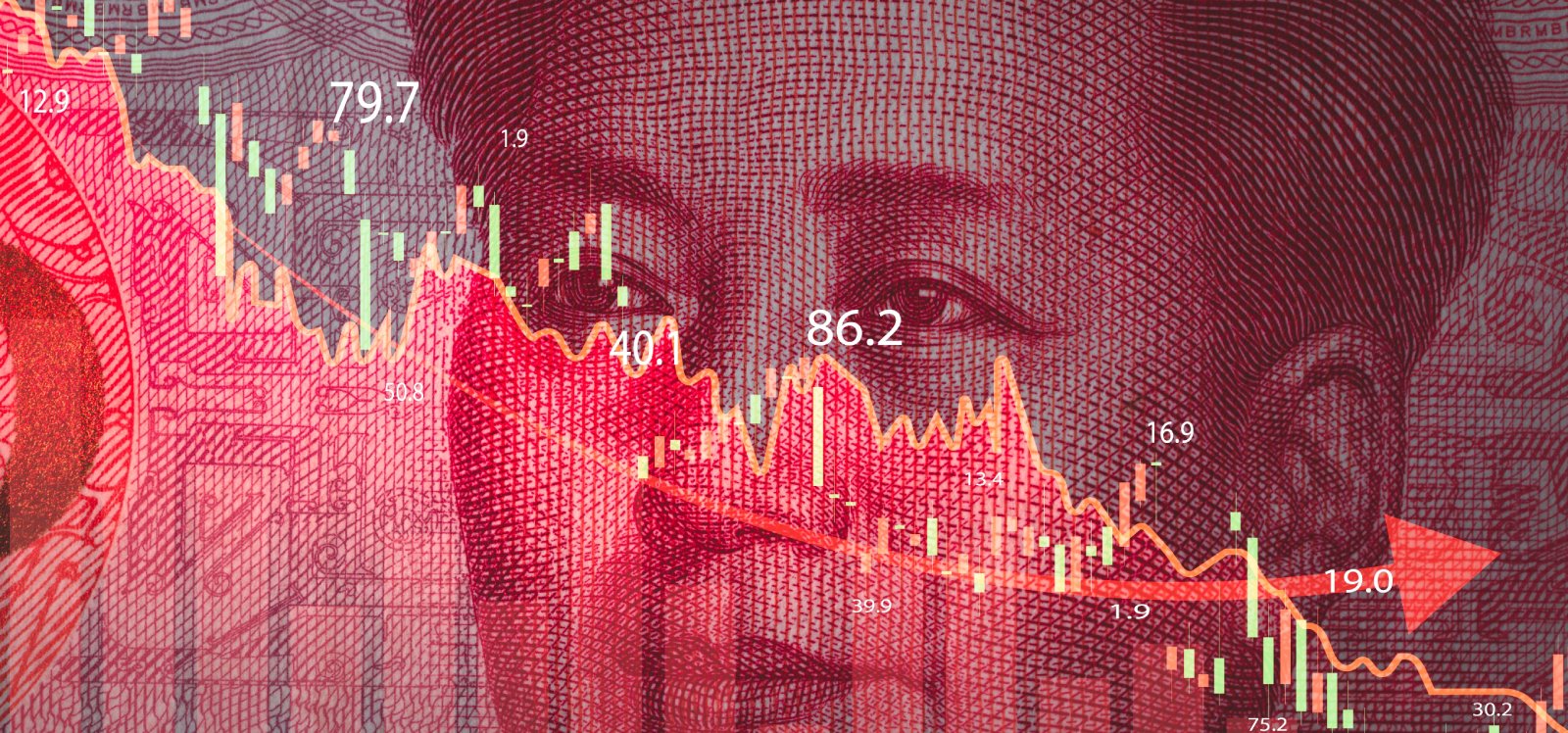
Renowned investor Kyle Bass belittled China’s economy due to its alleged overreliance on real estate to the U.S. financial crisis.
China’s Perceived “Broken” Structure
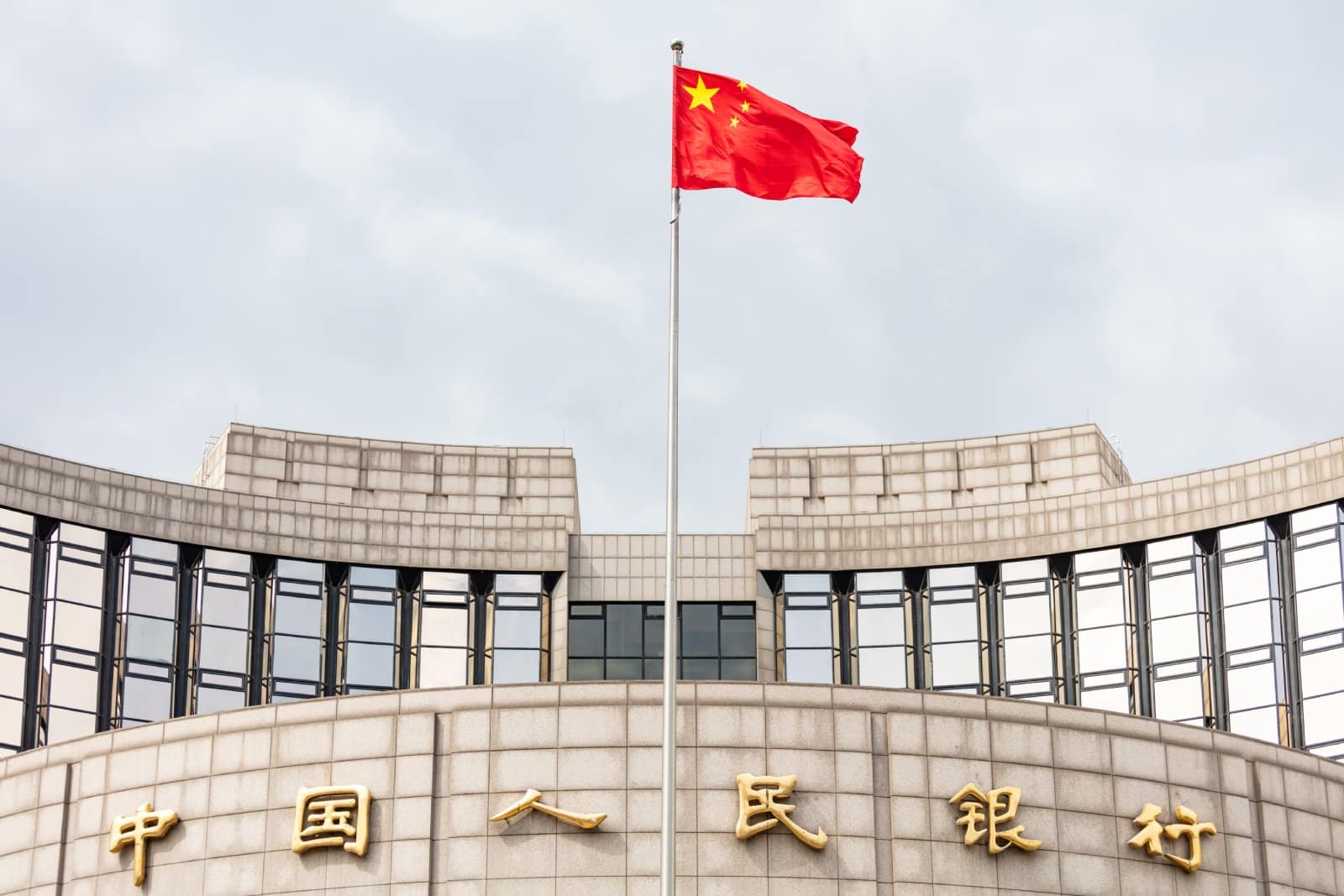
After explaining his reasoning, Bass insisted, “The basic architecture of the Chinese economy is broken.”
China’s Economy “On Steroids”
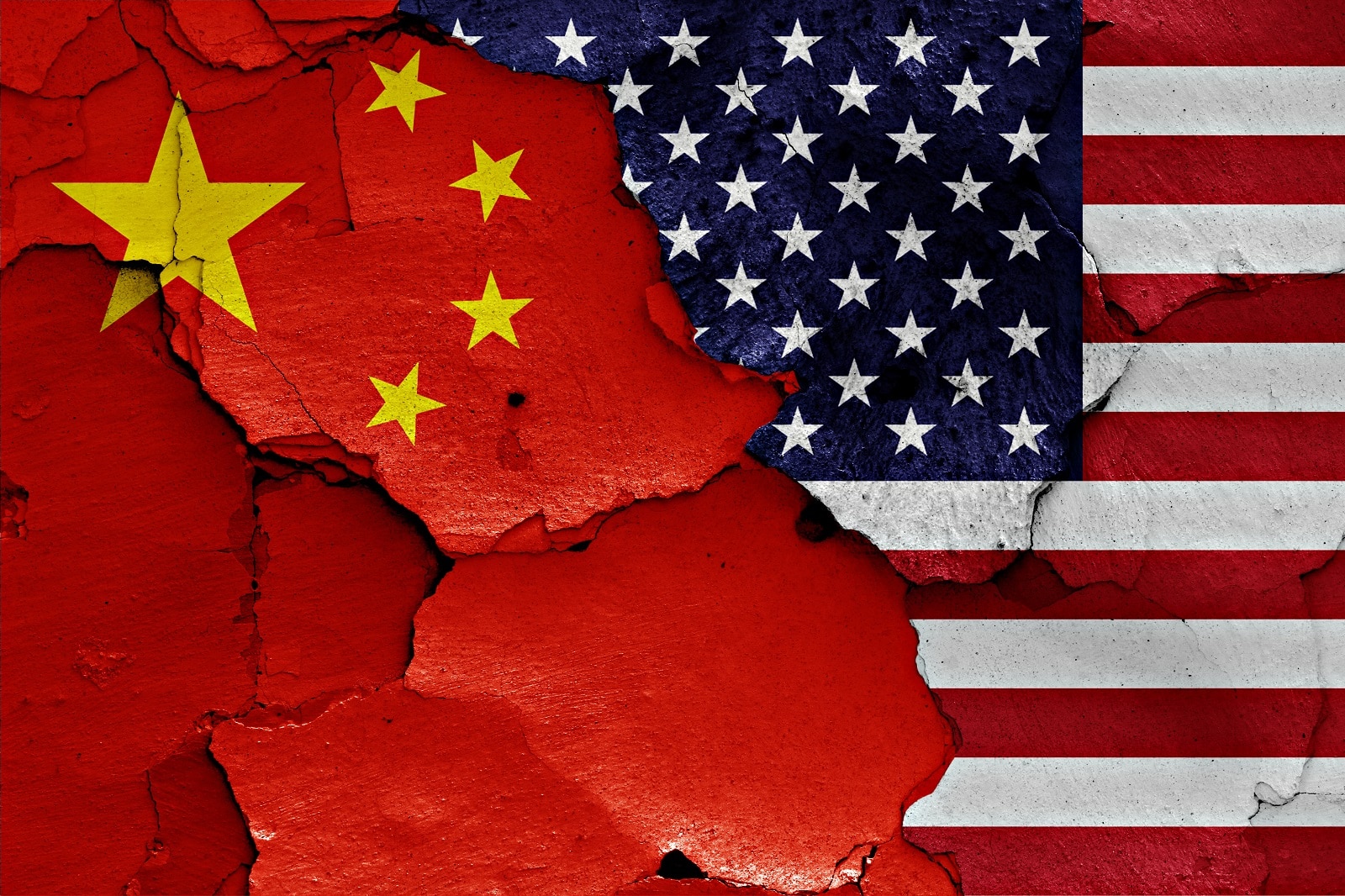
Bass didn’t hold back on his comments, describing China’s economic woes as the “U.S. financial crisis on steroids.”
U.S. “On Steroids”

In contrast to China’s woes but keeping with the same analogy, one U.S. billionaire investor recently described the U.S. economy as “on steroids” for very different reasons.
Banking Leverage Concerns
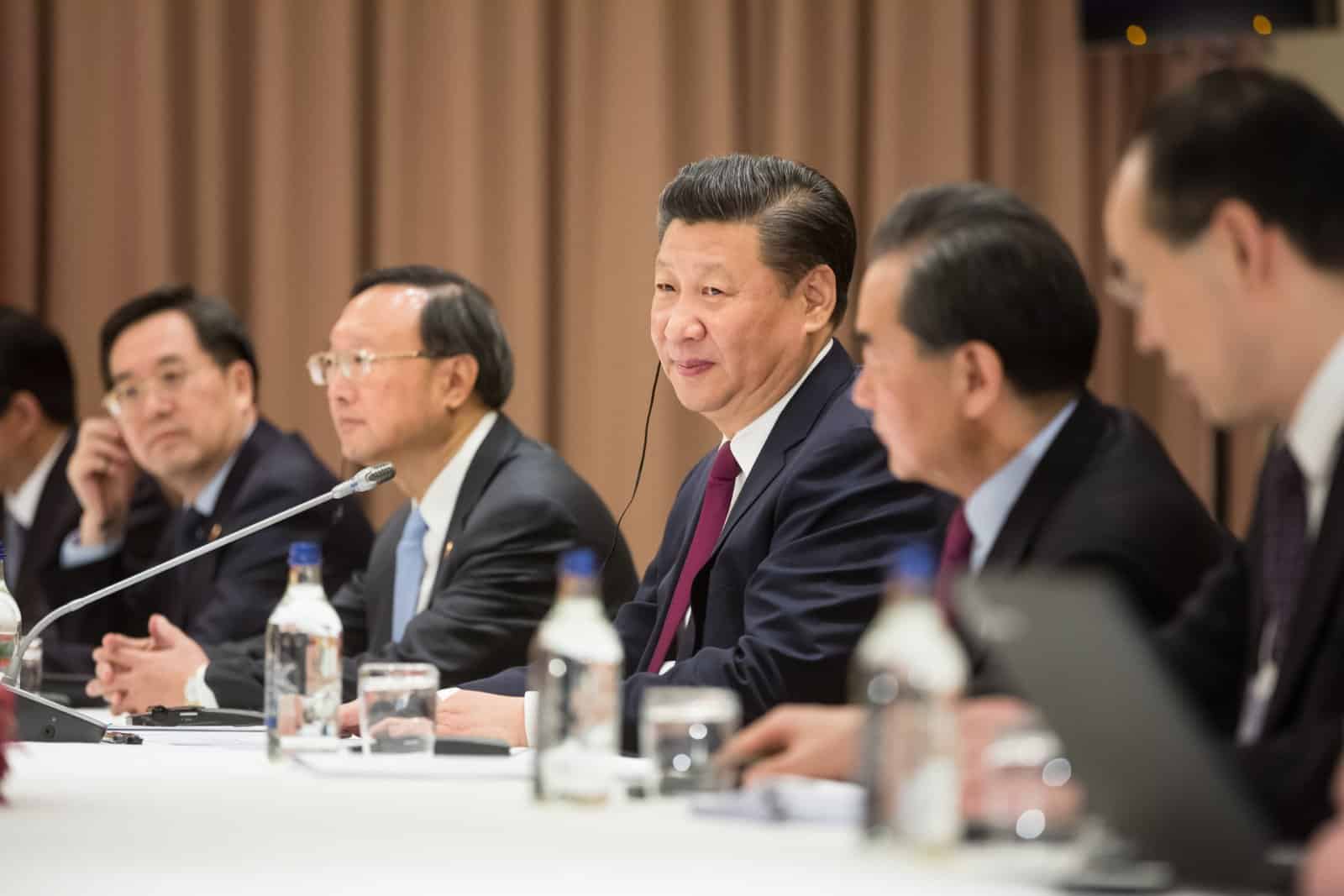
Bass spoke of China’s staggering banking leverage, three and a half times more than the U.S. during its crisis.
China’s Banking Leverage

“They have three and a half times more banking leverage than we did going into the crisis,” Bass said before adding, “they’ve only been at this banking thing for a couple of decades.”
Reminiscent of the 2008 Crisis

“China’s overreliance on real estate has sent its economy tumbling toward 2008-era financial conditions,” Bass said.
Impact on GDP and Wealth

The real estate sector contributes to 25% of China’s GDP and constitutes 70% of household wealth, which could lead to a breakdown in the economic structure.
Outdated Model Finished
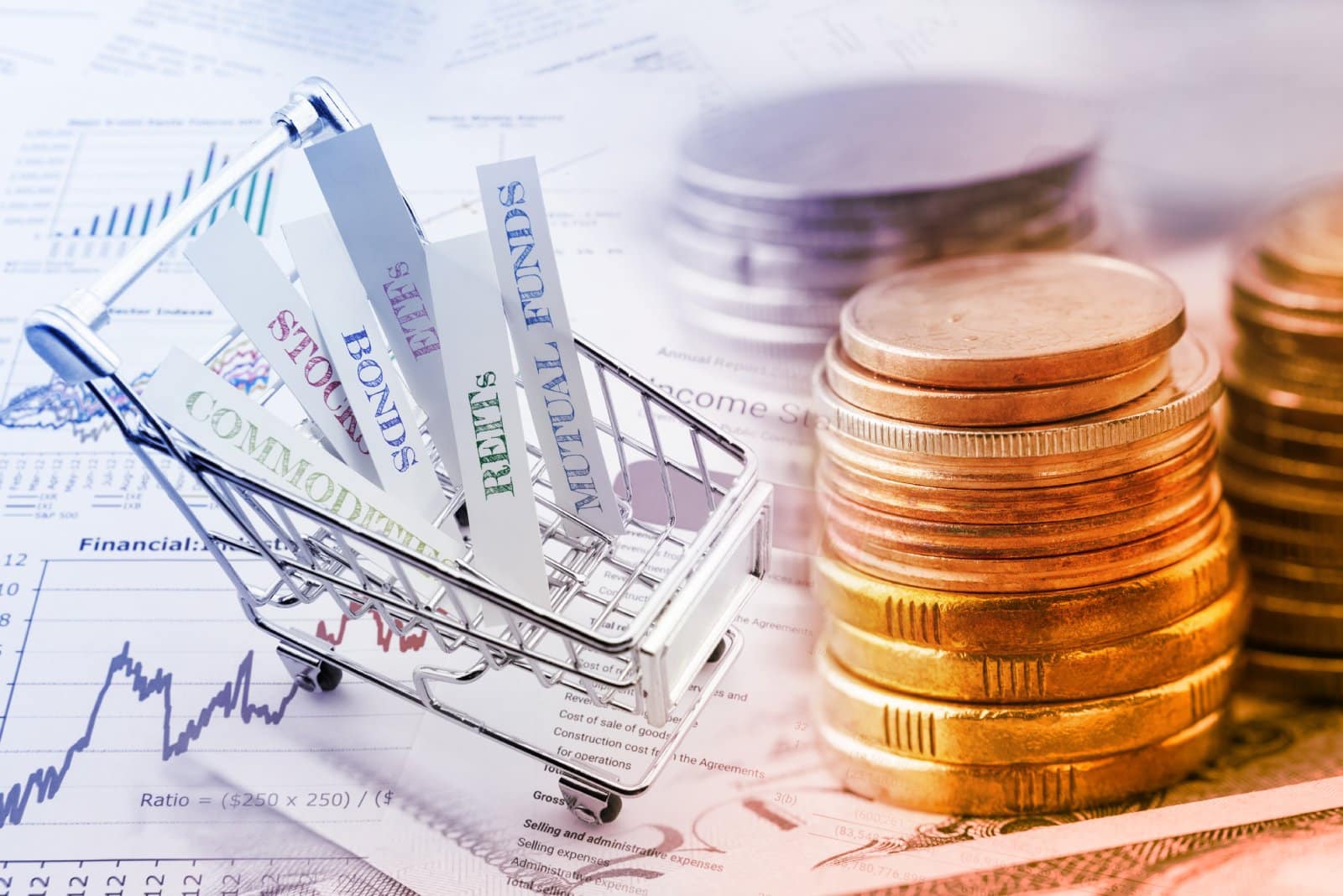
According to the International Monetary Fund, China’s model of relying on real estate has “run its course.”
Predicted Growth of Consumption

So why doesn’t China focus more on consumption now they’ve reopened their borders post-covid?
According to Maybank, the country’s consumption sector is still growing steadily and is predicted to grow by 4% at the end of this year.
Consumers Worried About Future

Despite this prediction, the people of China still seem reluctant to purchase larger consumer goods, potentially because they’re worried about what the future holds.
Concern Leads to Lack of Purchase

“Consumption of durable goods is much lower than expected because people are worried about their future,” said Chief Economist Alicia Garcia-Herrero.
Putting Things Into Perspective

“So why buy a car if they don’t know what’s going to happen next month? Why buy a house if they don’t know what’s going to happen next year,” Garcia-Herrero continued.
Local Government Financial Strain

Large land developers’ debt is causing financial strain on local governments, relying on land sales to developers for revenue.
Government Debt Warnings

Commenting on the U.S. economy, Jones referred to Fed Chair Jerome Powell’s warning of an “unsustainable fiscal path” in a recent interview due to government over-borrowing.
Impending Market Concerns
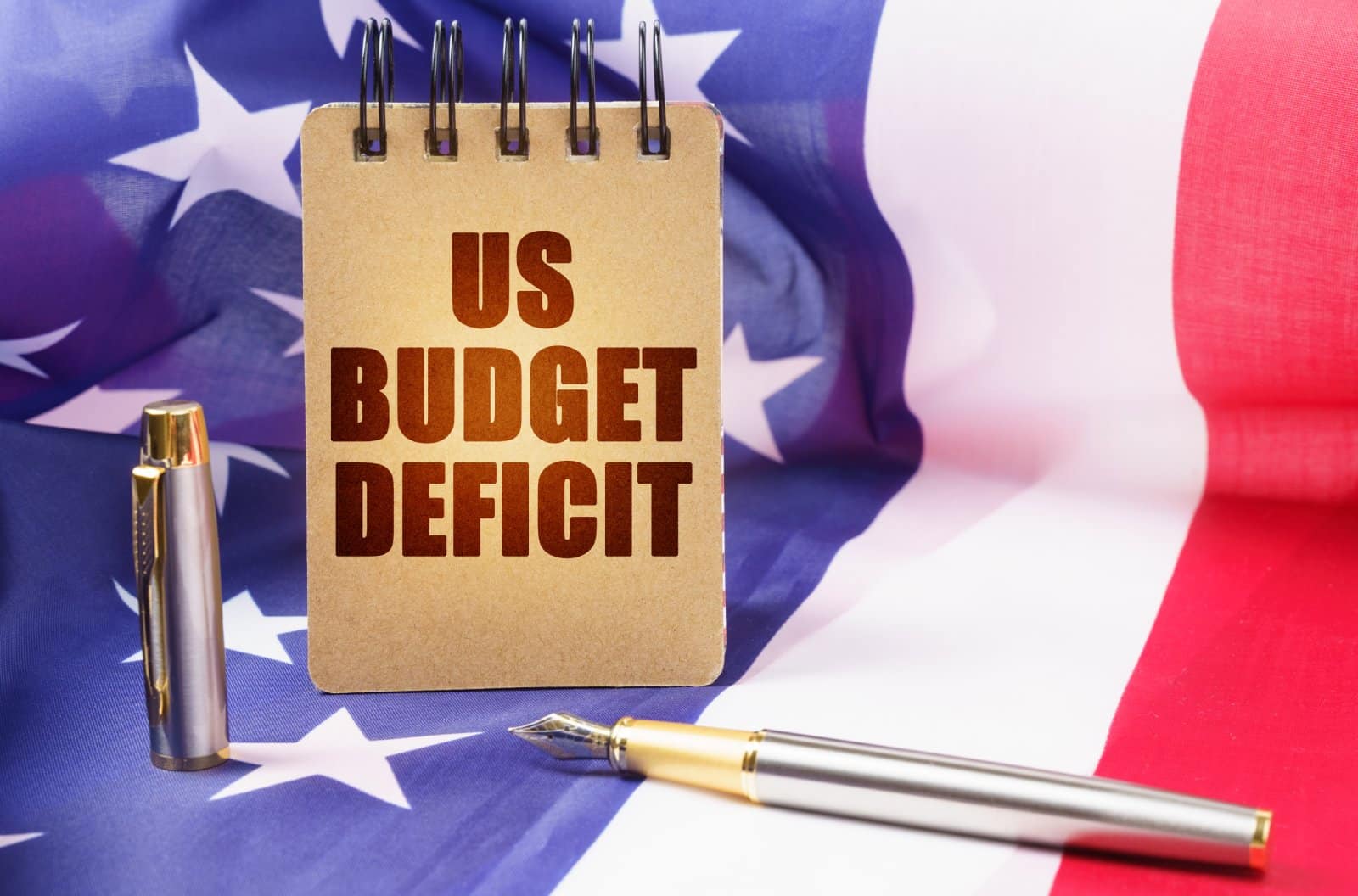
While some raise concerns about U.S. debt, Jones stressed that markets might not be overly worried yet, but the impact of substantial deficit spending will inevitably come back on itself, “It could be this year, it could be next year,” he warned.
Defining Theme

Jones spoke of a potential “debt bomb” in the U.S. resulting from what he termed “fiscal recklessness.”
China’s Economy on a Downward Slope

“China is going to get much worse no matter how much their regulators say we’re going to protect individuals from illicit short selling,” Bass said.
Both Economies on the Brink

While Jones believes the U.S. economy is “on steroids” and only going to get worse, experts don’t predict anything positive for China either.
More From Frugal to Free…
U.S. Budget Breakthrough: A Huge Step Forward Amidst Looming Shutdown Threat
Will Easing Inflation in America Continue?
The post U.S. and China Economies Both ‘On Steroids’ but for Very Different Reasons first appeared on From Frugal to Free.
Featured Image Credit: Shutterstock / Dilok Klaisataporn.
The content of this article is for informational purposes only and does not constitute or replace professional financial advice.
